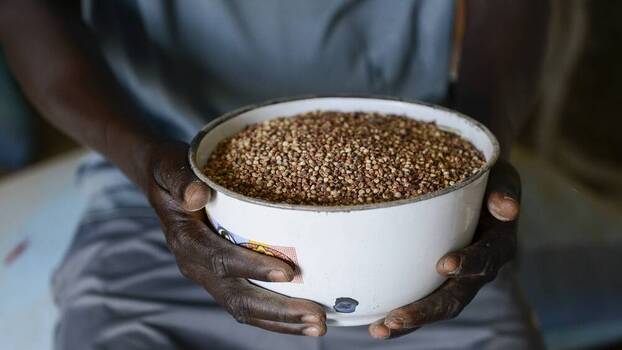Ensuring Agricultural Resilience in the North African Region analyses the existing legal framework for seed in North Africa, with a focus on Farmer Seed Systems (FSS), and suggests important elements of legislation to support FSS in the future. It also assesses the capacity of the FSS to strengthen the resilience of farmers in the region to climate challenges and other types of shocks.
Mohamed Coulibaly is a lawyer specialized in environmental and international law.
Translation by Ahlem Selmi.
The aim of the study is to contribute to the emergence of an alternative agricultural project to the existing model of farming imposed on North African countries since the 1950s as a result of colonization, and later perpetuated by the neoliberal policies of international financial institutions.
The current system of farming based on industrial agriculture has demonstrated its limits. Different initiatives across the region are emerging to promote a fundamentally different model, based on the diversification of farms and agricultural landscapes, the replacement of chemical inputs, the optimization of biodiversity and interactions between different species, the strengthening of farmers’ livelihoods, etc. The new model rooted in the respect of human rights and having as a guideline the concept of food sovereignty.
The study presents the elements of a legal framework allowing for the recognition of the FSS. Elements to protect the rights of farmers to freely produce their seeds and to use them in their networks and on local markets. These elements are inspired by the legal framework proposed by the Alliance for Food Sovereignty in Africa (AFSA) for the recognition and promotion of FSS and the protection of biodiversity.
